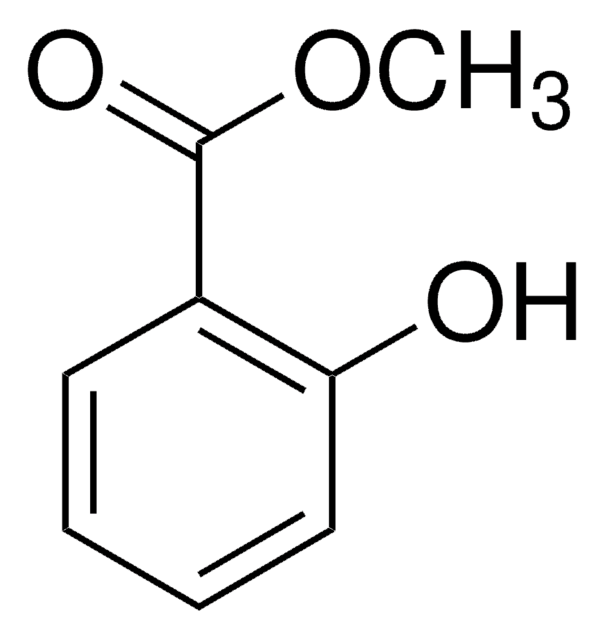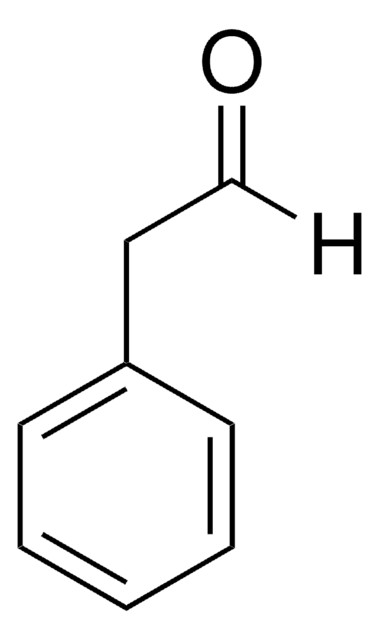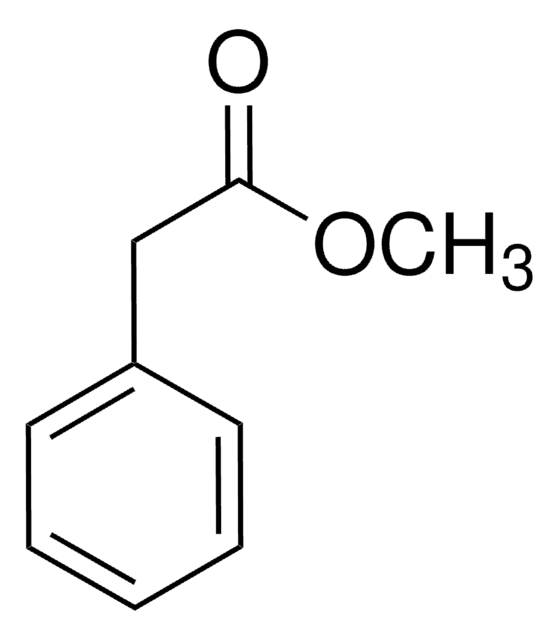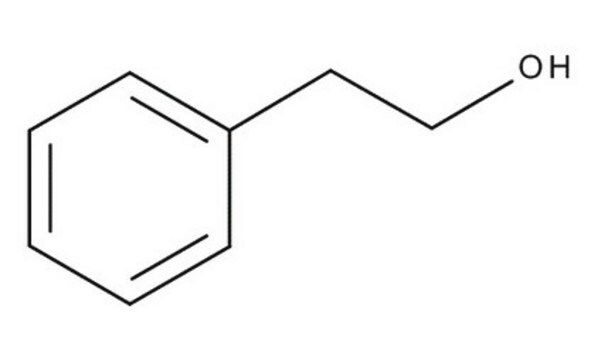W285714
Phenethyl acetate
natural, ≥98%, FCC, FG
Sinónimos:
2-Phenethyl acetate, 2-Phenylethyl acetate
About This Item
Productos recomendados
grade
FG
Fragrance grade
Halal
Kosher
natural
Quality Level
agency
follows IFRA guidelines
meets purity specifications of JECFA
reg. compliance
EU Regulation 1223/2009
EU Regulation 1334/2008 & 872/2012
FCC
FDA 21 CFR 172.515
vapor density
5.67 (vs air)
assay
≥98%
greener alternative product characteristics
Less Hazardous Chemical Syntheses
Use of Renewable Feedstocks
Learn more about the Principles of Green Chemistry.
sustainability
Greener Alternative Product
refractive index
n20/D 1.498 (lit.)
bp
238-239 °C (lit.)
density
1.032 g/mL at 25 °C (lit.)
application(s)
flavors and fragrances
documentation
see Safety & Documentation for available documents
food allergen
no known allergens
fragrance allergen
no known allergens
greener alternative category
, Aligned
organoleptic
honey; floral; rose; sweet
SMILES string
CC(=O)OCCc1ccccc1
InChI
1S/C10H12O2/c1-9(11)12-8-7-10-5-3-2-4-6-10/h2-6H,7-8H2,1H3
InChI key
MDHYEMXUFSJLGV-UHFFFAOYSA-N
¿Está buscando productos similares? Visita Guía de comparación de productos
General description
Biochem/physiol Actions
Storage Class
10 - Combustible liquids
wgk_germany
WGK 1
flash_point_f
221.0 °F - closed cup
flash_point_c
105 °C - closed cup
ppe
Eyeshields, Gloves
Elija entre una de las versiones más recientes:
¿Ya tiene este producto?
Encuentre la documentación para los productos que ha comprado recientemente en la Biblioteca de documentos.
Los clientes también vieron
Nuestro equipo de científicos tiene experiencia en todas las áreas de investigación: Ciencias de la vida, Ciencia de los materiales, Síntesis química, Cromatografía, Analítica y muchas otras.
Póngase en contacto con el Servicio técnico







